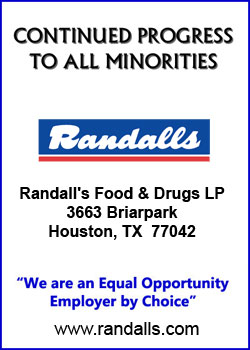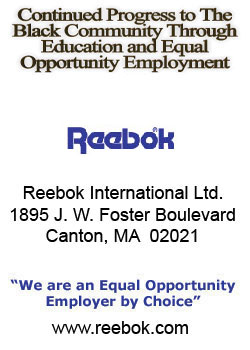Chief executive Osman
Shahenshah is reliving his African experiences
and is hopeful that his company can help build a
positive future for the continent that has won
his affection
Osman Shahenshah, chief
executive of Afren, the Gulf of Guinea focused
independent, has developed a strong affinity for
Africa.
He was heavily involved in the
continent’s affairs for eight years when working
for the World Bank’s International Finance
Corporation (IFC), and travelled regularly to
Nigeria, Cameroon, Congo-Brazzaville, Gabon and
the Ivory Coast.
“I fell in love with
Africa. I feel passionate about the industry and
the region,” Shahenshah says.
After
leaving the IFC, Shahenshah worked for a period
in the financial services sector in London,
where he met Liberian entrepreneur Ethelbert
Cooper and became heavily involved in the
formation of Afren. “It’s funny how I’ve gone
back to my early history,” he says.
He
says relationships formed during his time at IFC
have endured over the past 20 years and have
helped in establishing Afren’s credentials in
the region, adding: “We’ve got a strong African
identity and ethos. We work closely with
governments, national oil companies and
indigenous companies.” Since Afren was set up in
2004, it has grown from a business with two
employees and
1 million in funds provided
by friends and family to a player churning out
26,000 barrels of oil equivalent per day from 15
assets in five countries and employing 150
people.
By the end of next year,
when the 42-million barrel Ebok field is set to
come on stream, output should hit about 60,000
boepd with a “a fair wind”.
He believes
Afren has sufficient funding to move ahead with
this project, with city analysts suggesting Ebok
could be the first project to be handled by
Afren’s joint venture with Japan’s Sojitz.
Shahenshah, who has a keen interest in
development economics, has little time for the
benefactor-beneficiary view of Africa and
believes the best way to contribute is to lead
by example. In the case of Afren, this means
“creating an African company that can compete
and has a strong African identity”. He tires of
the “famine and corruption” perception of the
continent, describing it as a “gross
over-simplification”.
“Having had
experience of working in Africa, treating people
with respect and understanding is key to getting
things done, in addition to putting aside pre-
conceived ideas,” the Pakistan-born chief
executive believes.
Nigeria is Afren’s
core area due to both relationships and its
substantial hydrocarbon resources and, while
admitting it can be a very difficult place to
work, Shahenshah says that the problems in the
Niger Delta and the perception of political risk
“keep the competition at bay”.
Finding a
solution to the delta issues will not be easy,
despite Abuja taking the problem seriously.
“It’s a deep, complex issue with many
tentacles,” says Shahenshah. “There are
legitimate political and social issues alongside
financial and criminal aspects, and the second
element has hijacked the first.” Shahenshah
attaches great importance to, and is very
conscientious of, working with local communities
wherever Afren does business but particularly in
the Niger Delta.
This involvement covers
funding as well as educational initiatives, such
as scholarships and apprenticeships that give
people the tools to get jobs. One of
Shahenshah’s main ambitions is to help create an
African Petroleum Institute – in Africa for
Africans.
He says Afren has put in a
little bit of seed money with other funding
expected from the United Nations, while
assistance could come from an Organisation for
Econcomic Co-operation and Development
university, most likely in the US.
The
Ivory Coast’s state-owned Petroci has also
offered assistance and help with staffing.
In terms of the institute’s location, there
have been strong expressions of interest from
the Ivory Coast, Ghana and Nigeria. Afren’s
assets lie in Nigeria, Ghana, Gabon, the Ivory
Coast and Congo-Brazzaville, and it is looking
at further opportunities in these countries and
elsewhere.
“We look throughout Africa and
are open to the entire continent”, he says,
pointing out that “in time, we will do something
in North Africa”.
He says his time with
Afren has been “deeply rewarding” and he is more
optimistic now about the future than at any time
in the last four years “because we’ve done a lot
of very hard work in getting established and
having a track record and credibility”.
He says Afren’s growth strategy is clear and it
ultimately aims to be an African company that is
involved in all forms of the energy business,
including liquefied natural gas, downstream and
renewables.
“I would love to take the
Afren model and expand it across the energy
spectrum. I’m confident we will get there,”
Shahenshah adds.







